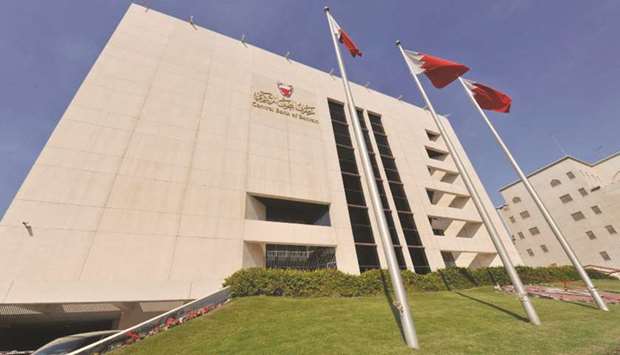Reserves climbed to 818.1mn dinars ($2.17bn) in June from 668.6mn dinars in May, according to data from the central bank. The regulator didn’t explain the jump.
“Its unclear what lies behind the increase, but what is clear is that the situation remains very difficult,” said Raza Agha, chief economist for the Middle East and Africa at VTB Capital. “Rather than one-time shots in the arm, what Bahrain needs is a multi-year support package.”
Bahrain, whose economy was battered by the swings in oil prices, is in talks with Saudi Arabia, the UAE and Kuwait for support that would help reduce ballooning debt and shore up foreign-exchange reserves. Aid is necessary to maintain the Bahraini dinar’s peg to the dollar.
The yield on Bahrain’s bonds due in 2028 barely moved on Thursday, and stood at 8.124% at 4.06pm in Manama. Bonds rallied when news of the possible bailout emerged but momentum has since fizzled away as a deal remained elusive.
The country hired investment bank Lazard Ltd to advise on how to repair its strained public finances. The IMF has said the economy needs a comprehensive package of reforms, including direct taxation, spending cuts and subsidy restructure.
The delay in finalising regional assistance probably “means there is some recognition” among Bahrain’s partners that providing support will not be a one-off, Agha said.
“Given capital markets are probably prohibitively expensive, they remain committed to the peg, and the unlikelihood of approaching the IMF, the only option is a multi-year support package from its neighbours,” Agha said. But getting Bahrain to institute far-reaching economic measures is a difficult feat “given the social situation and spending rigidities,” he said.



